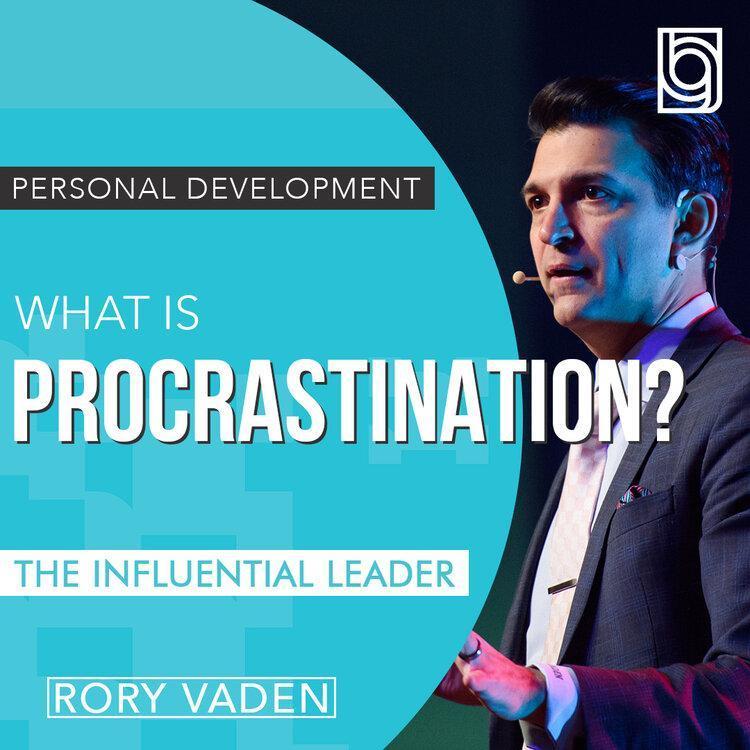There are three different types of procrastination that we see today.
First is classic procrastination which is the act of consciously delaying what we know we should be doing.
I come home from the office at night and I have a stack of bills on the kitchen counter that need to be paid. I’m tired and exhausted. Rather than paying the bills, I’m going to sit on the couch and zone out and watch Sports Center.
That’s the classic form of procrastination we are familiar with.
There is also another type of procrastination which I’ve coined a phrase for.
Instead of calling it classic procrastination, I like to call it “Creative Avoidance.”
Creative Avoidance is different because it is subconscious.
It’s unconsciously filling the day with trivial work. It makes us feel like we are moving faster in the day.
We have meetings to attend, conference calls to make, emails to answer, papers to push throughout the day, etc.
If we are honest with ourselves, when we get to the end of the day and look back at what we have accomplished with our day, we realize we were nothing more than busy just being busy.
Distraction is a dangerously deceptive saboteur of our goals.
When most organizations do not multiply, it is not because of a lack of skill. It is usually because of a pervasive sense of distraction throughout the team.
People get pulled in different directions. Their attention becomes fragmented.
And then there is a third type of procrastination, which is the most interesting to me because this one affects most of us.
It affects the people we wouldn’t think to be procrastinators.
It affects the chronic overachievers- the do-gooders, the leaders, the executives and the movers and shakers.
We call this “Priority Dilution.”
What’s so interesting is it has nothing to do with being lazy, apathetic or disengaged like the first two.
Yet it yields the same net result which is at the end of the day, our most significant priorities and tasks are left incomplete.
Not because we were lazy but because we allowed our attention to shift to less important but more urgent tasks.
This person’s life is characterized, not by distraction, but by interruption. They are constantly putting out the fires.
The Importance of Time Management
How do we influence ourselves and how do we get our teams to multiply?
Procrastination is a real problem. When writing my second book, Procrastinate on Purpose, we did a study on influencers in the top 1% in their profession or industry to find out if there was something different about them versus the average population. We asked what they actually thought about time and how they use their time.
Today, there are more books on time management than we have ever had in history. We have tools to help us be productive than we have ever had before. There is a faster transmission of information. Yet somehow, we still feel behind and overwhelmed.
With that study we learned that time management is not just logical. How we choose to spend our time is an emotional decision.
Most of us don’t even realize there is a subconscious underlying emotion that are dictating how we, and the people we lead, spend our time and how we manage the things on our to-do list.
It’s as if there is an invisible world driving our behavior that we are not even aware of.
That was a big insight for me, that many of us don’t know how to emotionally deal with time.
Do you identify with one of these types of procrastination? I would love to know which one you identify with and how it now affects your time management. Please let me know in the comments below.

















